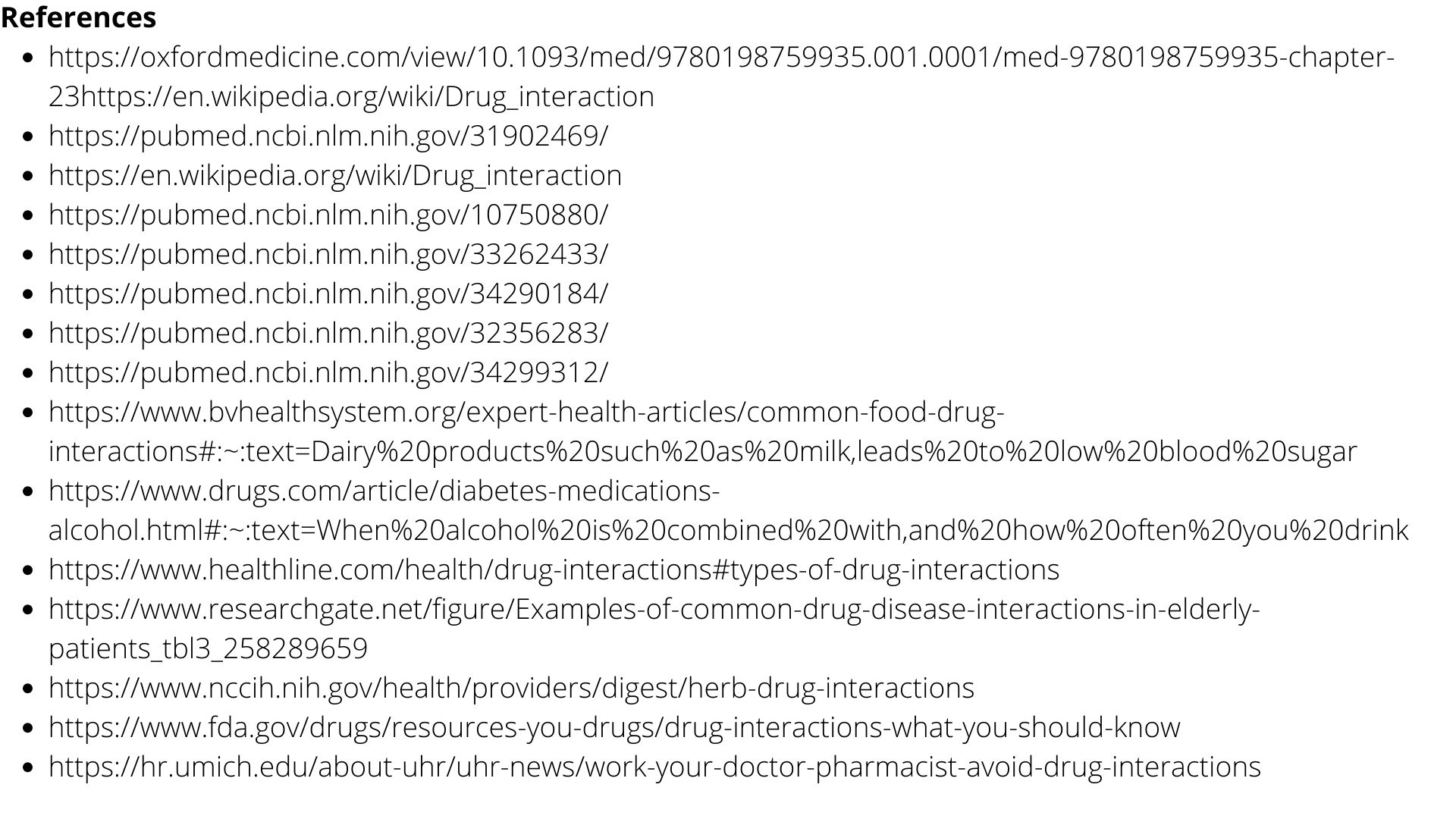What is a Drug Interaction?
Introduction
We do know how essential medicines are for us. They have become a part of our daily lives. We take them either for some condition that we are born with, any mishap that occurred to us, even as daily supplements. But the thing we do not know is there could be consequences of putting more than one medicine in our body, or we have a particular medical condition or a type of food we are eating. Think of it like you take certain medications for any ailment you have and have diabetes. You should have accurate information regarding if the medicine is suitable for diabetic patients.
Similarly, which other medicine can you take while having previous medication in your system and which type of food should you avoid? Now, these two medicines can increase, decrease, or adverse each other's effect. It is called drug interaction, and such interaction between drugs is called Pharmacodynamic interaction.
Similarly, which other medicine can you take while having previous medication in your system and which type of food should you avoid? Now, these two medicines can increase, decrease, or adverse each other's effect. It is called drug interaction, and such interaction between drugs is called Pharmacodynamic interaction.
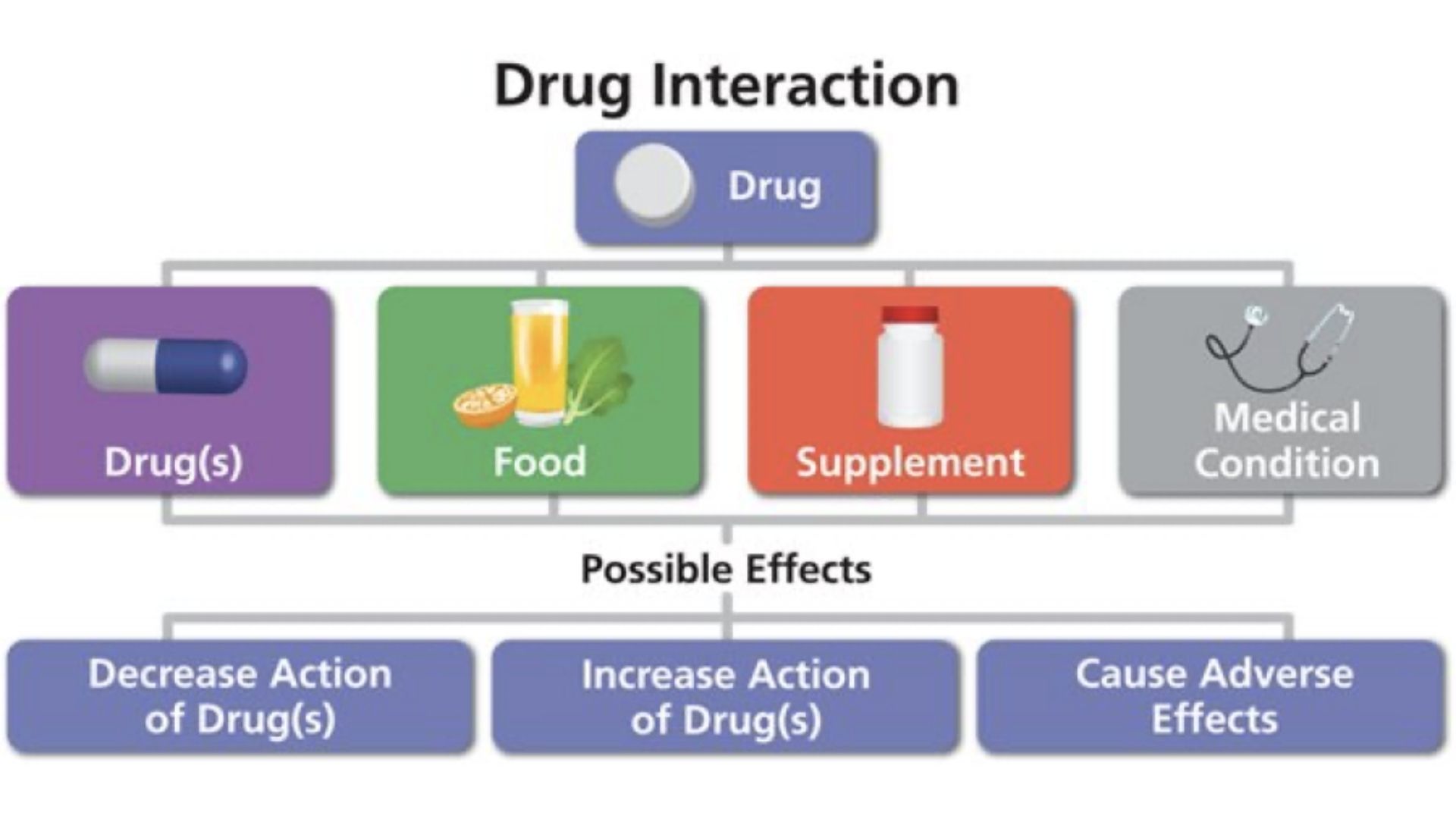
These interactions are difficult to classify because many drugs cause their effect through more than one method. This diversity also means that it is crucial to explore and understand these methods in almost all cases. The well-grounded speculation exists that there are more interactions that we do not know about than interactions we do know about. A regulative notice was presented in Japan in 2012 to outline the studies of fundamental concepts of drug interaction during the development of drugs. After 17 years, it became a new guideline to present a universal course of action that is now considered scientifically valid.
Different effects of drug interaction
-
Additive
The effect will be the addition of the impact of each medicine when you take them individually. -
Synergistic
The effect of each or one medicine will be much more than you expect. There is confusion between additive and synergistic effects because the effect of each medicine on different patients could vary. But the additive effect is expected and is beneficial for the patient. The synergistic effect could benefit patients, but it has higher chances of overdose. -
Antagonistic
In this case, both or one drug will have adverse effects on one or both drugs. The result will be the smaller effect of medicines than you are expecting.
Type of drug interaction
Medicines you are taking can interact with various things.
-
Drug-Drug interaction
The pharmaceutical industry is progressing rapidly, introducing new drugs every year. As a result, new interactions between medicines are frequently reported.
A study shows that ritonavir-boosted lopinavir (LPV-r), which is used as a vaccine for coronavirus 2019, could cause DDI with many drugs in clinical practice.
Studies from University hospitals in North Cyprus show that drug interaction in oncology is very high as cancer patients have to use multiple medications simultaneously.
Online drug interaction database program does warn doctors and health care providers about possible DDI, but there are no universally accepted procedures to define DDI.
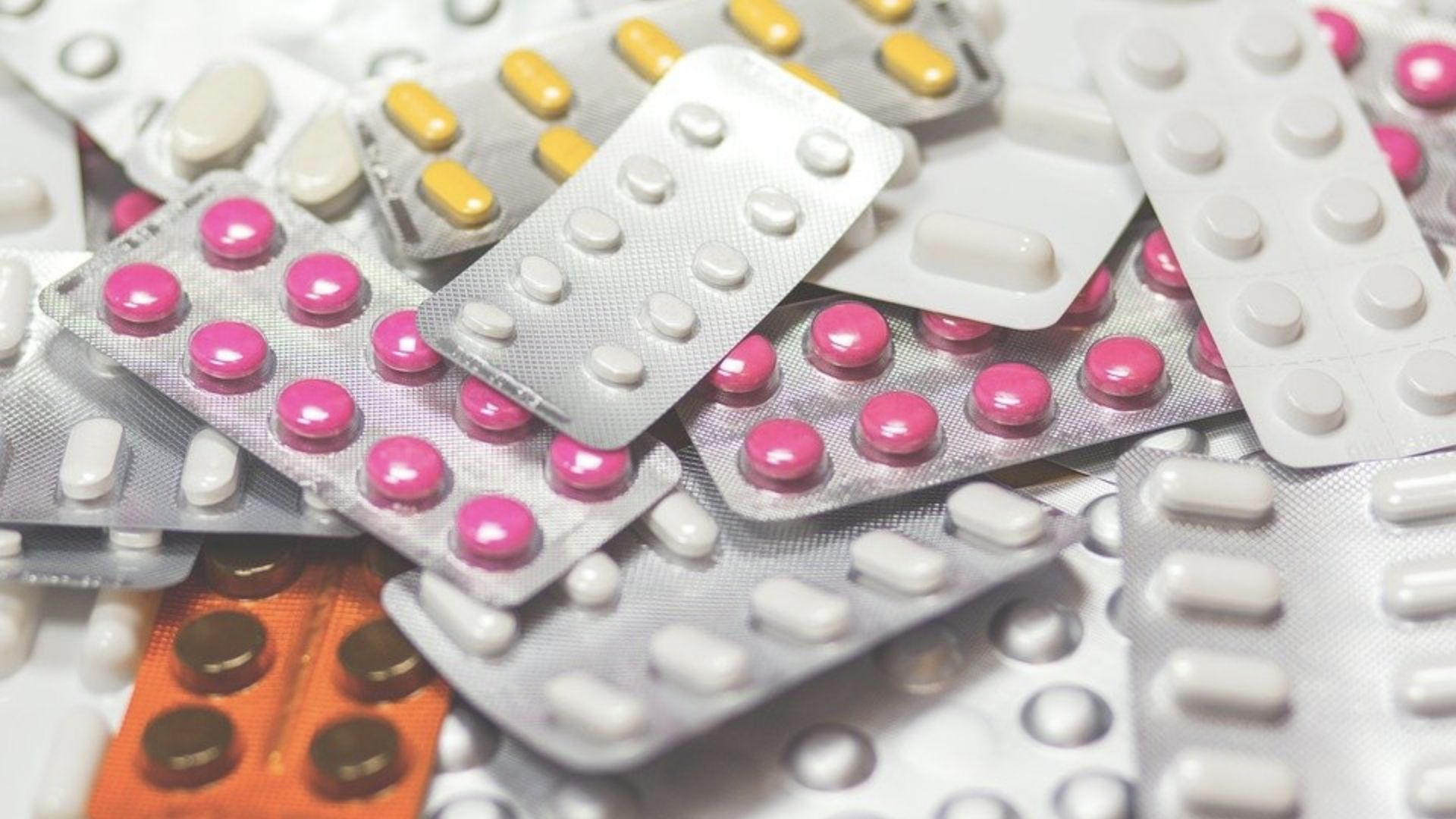
-
Drug-food interaction
It happens when a food you are eating or a drink can change the effects of the drug you are expecting. Yogurt, milk, cheese, and other dairy products can affect the absorption of antibiotics in your body.

-
Drug-disease interaction
Any medical condition that you already have could alter the effects of drugs you take. If you have high blood pressure and take nasal decongestants without a doctor's prescription, you are putting your health at stake.
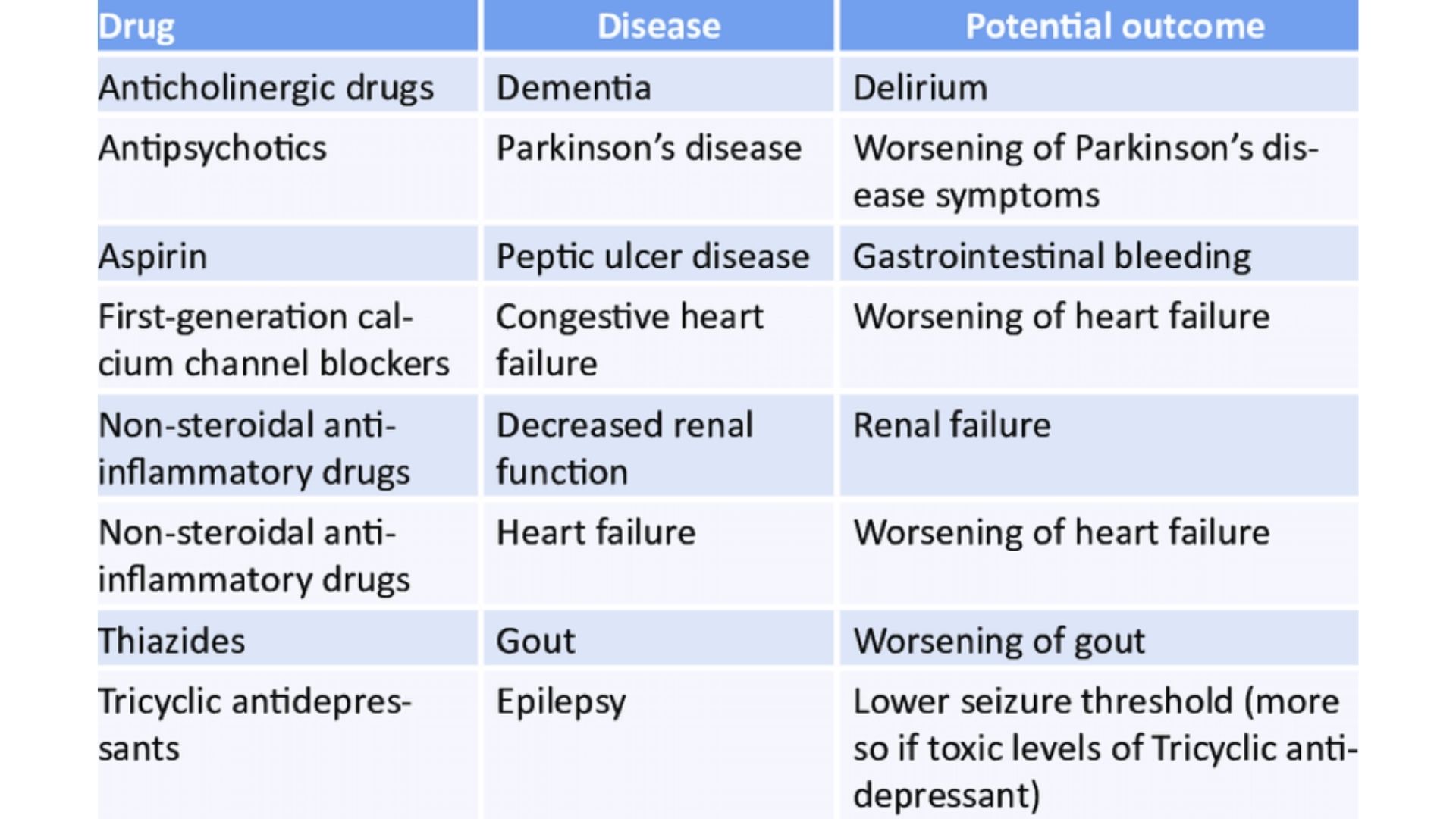
-
Drug-herb interaction
Herbal remedies are common in certain countries. These are the practices that people have been doing for centuries for self-medication. Different herbs are consumed in the form of herbal tea or even taken orally. Despite them being 'organic,' they can alter the effects of some medicines one is taking. Some herbs that one should be careful about and consult a doctor before consuming are Garlic, Ginseng, Black Cohosh, etc.
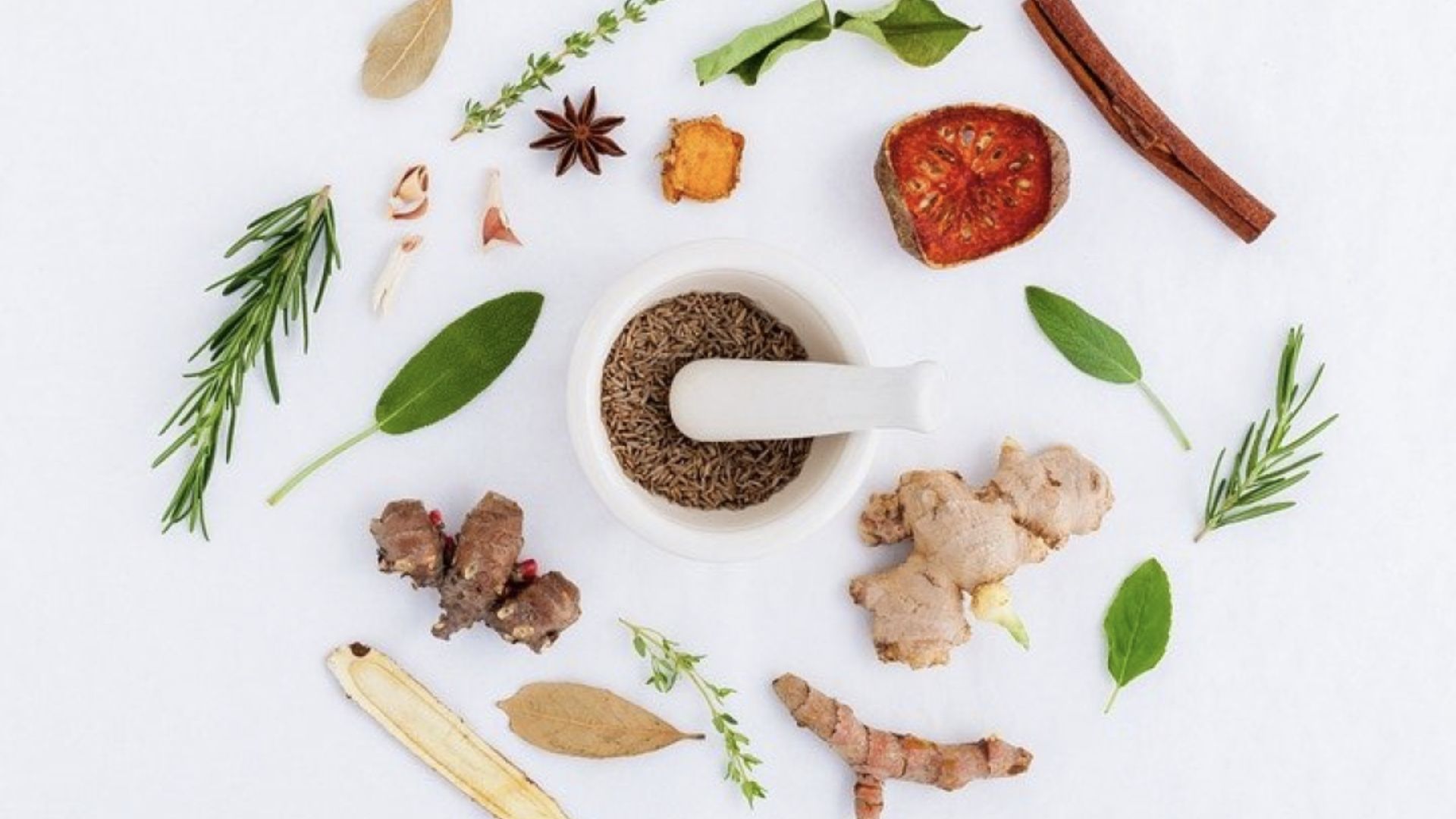
Drug interaction and Over-the-counter medicines
Over-the-counter medicines are for our help as we can consume them without a doctor's prescription whenever we don't have time to consult a doctor. But there are certain measures that one should take to avoid drug interaction. One should always read all the sections on the medicine label for safe and proper use of that medicine.
- One should always read the 'Active ingredient' and 'Purpose' list on the label. It tells you about the details of each active ingredient and its purpose.
- Always read the 'Uses' section on the label. It is about the usage of the drug so one can find its best use for specific conditions.
- 'Warning' section of the label gives us necessary information about if we should talk to our doctor before taking it. In case of which medical conditions and circumstances, should we not use this drug and when to stop taking this drug.
- The 'Directions' section of the label gives us authentic information about the time and amount of product that one can safely use.
- 'Other information' section of the label gives required information about particular ingredients; for people with certain allergies and restrictions regarding their diet.
- 'Inactive ingredients' section of the label tells us about inactive ingredients, which could be binders or artificial coloring, or flavors.
- The 'Questions' section gives us the company's telephone number for any further information.
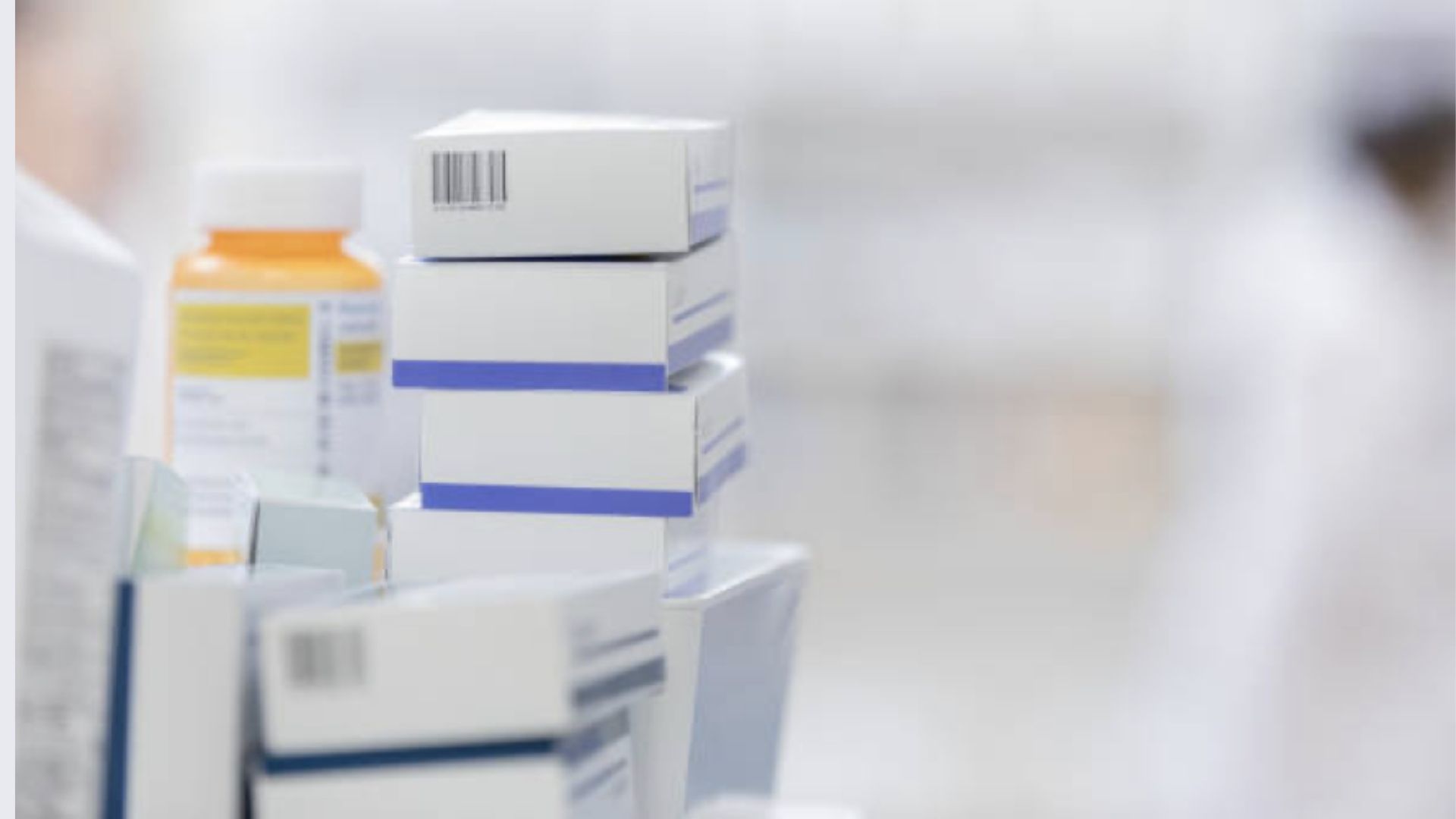
How can I avoid drug interaction?
It would be best if you always told your health care provider about all the prescriptive or over-the-counter medicines you are taking. Always talk to them about taking any other medications in the future. Also, talk to them about any vitamins, supplements, herbal medicines, or products you consume.
- It would be best to tell your health care provider or doctor about any medical condition you have, like higher/lower blood pressure or diabetes. Even talk to them about any previous illnesses that you had in your life.
- Always know that if you are pregnant or breastfeeding then, some drugs are not suitable for you which are otherwise suitable.
- Always be concerned about any medicine you take. Ask your doctor or health care provider before taking any medications or herbal supplements or even an over-the-counter medicine, if possible. Ask questions from them about medicine usage, the purpose of medicine, if you avoid any certain food or drink while taking this medicine, and how long you should take this prescribed medication.
- Always be curious about the ingredients present in your medicine. It would be best if you put an extra effort into it. After all, it is your health that is at stake.
